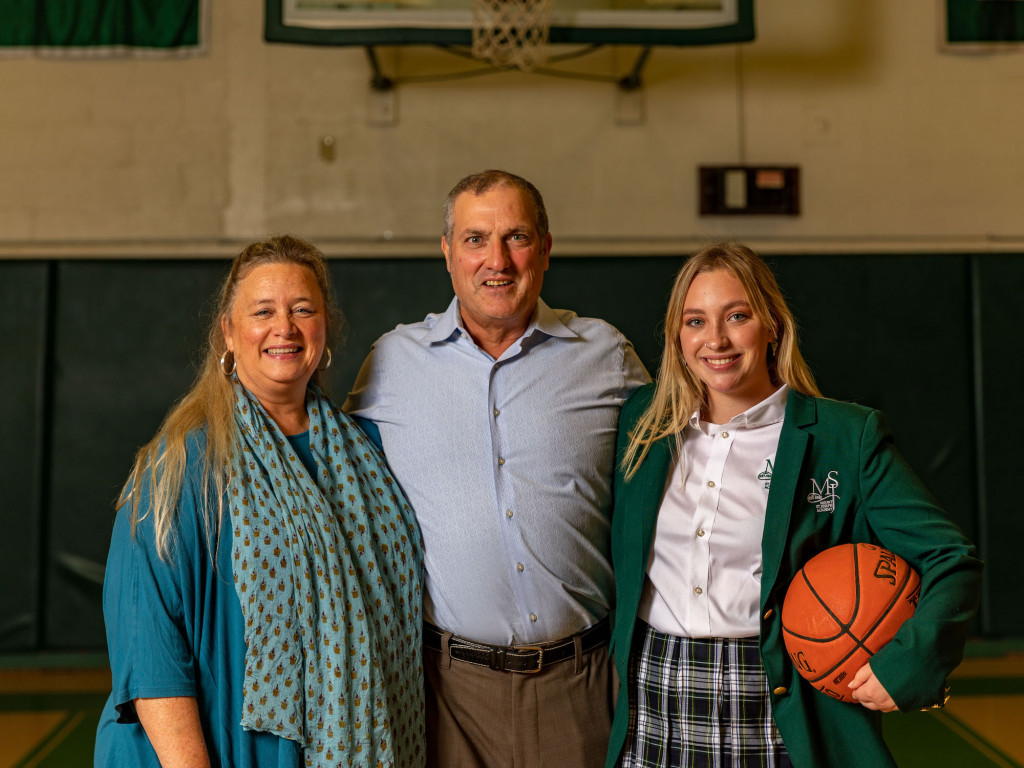
Vermont residents who live in towns too small to operate district high schools may now use public funds to send their children to faith-based private schools.
The Education Agency of Vermont recently told school administrators that they must comply with a 2022 U.S. Supreme Court decision that struck down a Maine law banning religious schools from participating in town tuitioning programs.
“Requests for tuition payments for resident students to approved independent religious schools or religious independent schools that meet educational quality standards must be treated the same as requests for tuition payments to secular approved independent schools or secular independent schools that meet educational quality standards,” the agency’s Sept. 13 letter said. A list of approved independent schools on the website showed 15 religious schools.
Rural and sparsely populated, Vermont and Maine have programs that offer scholarships to families in areas that don’t operate public high schools so they can send their kids to public or private schools elsewhere.
However, both states prohibited the money from being spent on religious schools, so parents who wanted a faith-based education for their kids were forced to pay out of pocket.
In 2018, a group of parents challenged the Maine program.
Several Vermont parents also filed similar lawsuits. In June 2021, the U.S. Court of Appeals for the Second Circuit struck down the prohibition against religious schools in the case A.H. v. French, brought by four Catholic high school students, their parents, and the Diocese of Burlington.
However, the Maine lawsuit, Carson v. Makin, was the one that made it to the U.S. Supreme Court and settled the issue nationally.
In that case, the high court ruled that education choice programs could not exclude schools based on religious instruction or activities, calling it “discrimination against religion.” A landmark U.S. Supreme Court ruling in 2020, Espinoza v. Montana Department of Revenue, struck down bans on education choice scholarships based on a school’s religious status but stopped short of addressing the issue of religious use.
The Supreme Court ruling in the Maine case reverberated across Vermont, and was cited as the reason for the policy change there.
The decision also drew praise from the American Federation for Children, a national education choice advocacy group.
“Every family deserves the right to choose the best K-12 education for their children, and we are encouraged to see the Vermont Agency of Education stipulate that families in tuitioning programs can choose religious schools,” said Shaka Mitchell, the federation’s director of state strategy and advocacy. “After a hard-fought battle in Maine, the Supreme Court has resoundingly confirmed this right, and we are thrilled that Vermont families will be able to access a fuller range of options as well. We hope other states will join Vermont and follow the ruling of the Supreme Court by ensuring all students can learn in the educational setting that best meets their needs.”
Maine Attorney General Aaron Frey responded to the Carson v. Makin ruling with a statement that schools must comply with the Maine Human Rights Act to receive funds. That law bans discrimination based on race, gender, sexual orientation, ethnicity, or disability, which contradicts some schools’ religious beliefs. As a result, the two schools that were part of that case have refused to participate in the tuitioning program.
However, Cheverus High School, a Jesuit college preparatory school in Portland, this week became Maine’s first religious school approved for funding. Though a Catholic school, Cheverus is not governed by the Diocese of Portland.



[…] This article originally appeared at reimaginED. […]